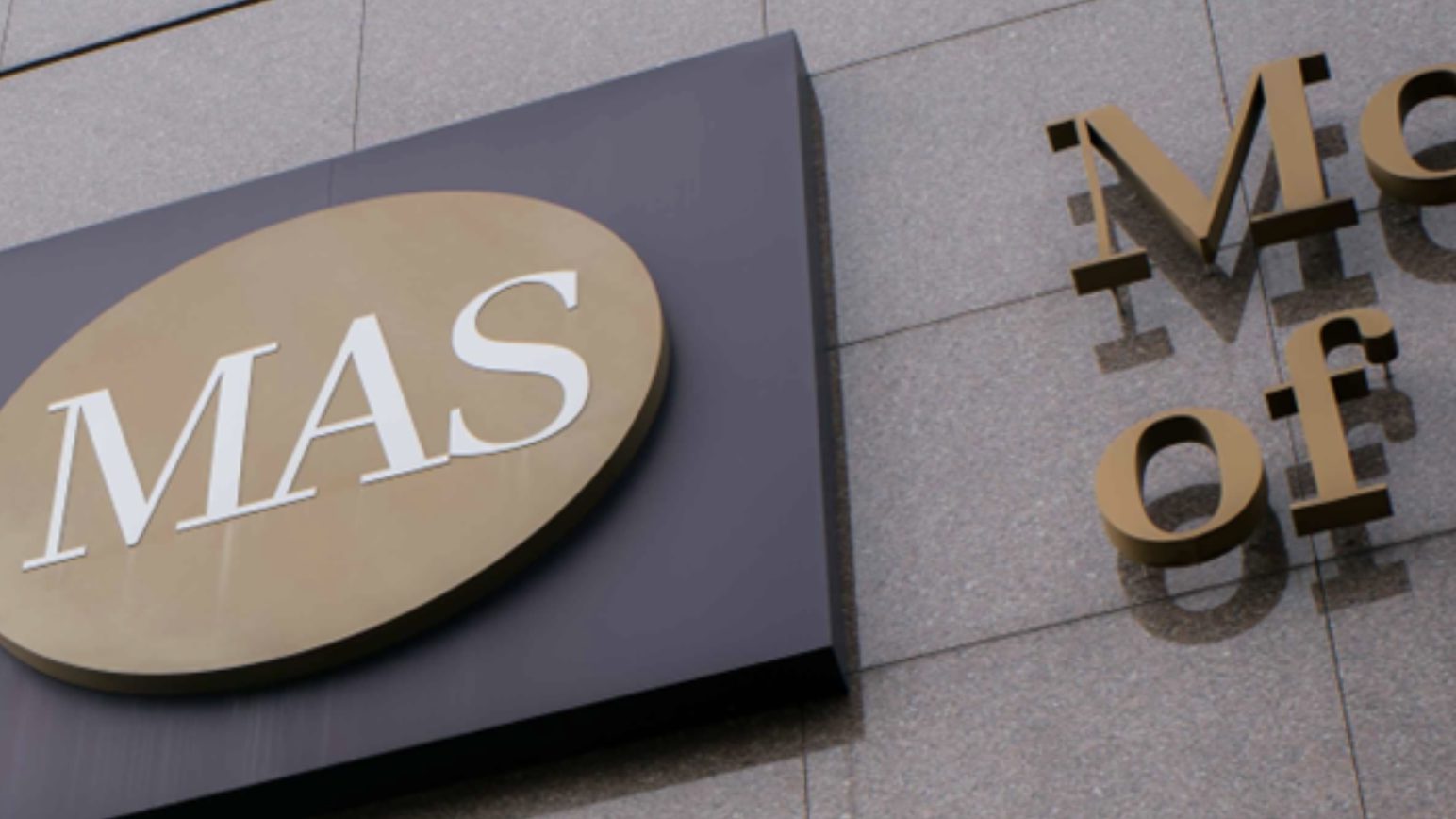SINGAPORE: The Monetary Authority of Singapore (MAS) is accelerating efforts to drive the tokenisation of financial services, unveiling a comprehensive plan to enhance liquidity, streamline cross-border transactions, and establish a robust ecosystem for digital assets.
In a report published by the Singapore Business Review, the key to MAS’s strategy is forming commercial networks to deepen liquidity in tokenised assets.
Tokenisation
By connecting a wider range of participants and services across multiple currencies and asset classes, MAS believes this initiative will improve capital raising, secondary trading, and the settlement of tokenised assets, offering new opportunities for market growth.
“As we link more participants in the financial ecosystem, we expect significant improvements in the trading, servicing, and settlement of tokenised assets,” MAS said in a statement.
Project Guardian Initiative
As part of this push, MAS is actively facilitating the commercialization of participants from its Project Guardian initiative.
This collaborative, networked approach aims to bring together a diverse group of stakeholders to unlock the potential of tokenised assets and related services.
In a move to further bolster this ecosystem, MAS is expanding its Global Layer One (GL1) initiative.
This will enhance the infrastructure required for seamless cross-border trading of tokenised assets, making it easier to execute transactions internationally.
Euroclear and HSBC have already joined the effort, contributing their expertise to the project.
A new working group under GL1 will also be formed, bringing together global financial market infrastructure providers to define best practices and control principles for digital asset securities.
Frameworks to integrate tokenised assets
Alongside these efforts, MAS has launched the Guardian Fixed Income Framework (GFIF) and the Guardian Funds Framework (GFF), both aimed at promoting wider acceptance of tokenised assets among financial institutions.
These frameworks are expected to provide a structured approach for integrating tokenised assets into the mainstream financial system.
In addition, MAS is enhancing access to common settlement assets, such as Singapore’s wholesale Central Bank Digital Currency (CBDC), through the SGD Testnet.
This network features a settlement facility with programmability and interoperability designed to support the evolving needs of financial institutions.
The test network is open to eligible participants from Project Guardian and Project Orchid, with initial users including major banks like DBS, OCBC, Standard Chartered, and UOB.
These institutions are focusing on use cases in payments and securities settlement.
Standard Chartered’s Singapore and ASEAN CEO, Patrick Lee, expressed enthusiasm about the bank’s involvement, saying:
“This partnership will enable us to better serve our clients, facilitate seamless transactions, and help shape the future of the digital assets landscape.
We’re excited to contribute to Singapore’s growth as a global hub for digital finance.”
With these developments, MAS is positioning Singapore at the forefront of the global digital finance revolution, reinforcing its commitment to innovation and leadership in tokenising financial services.

